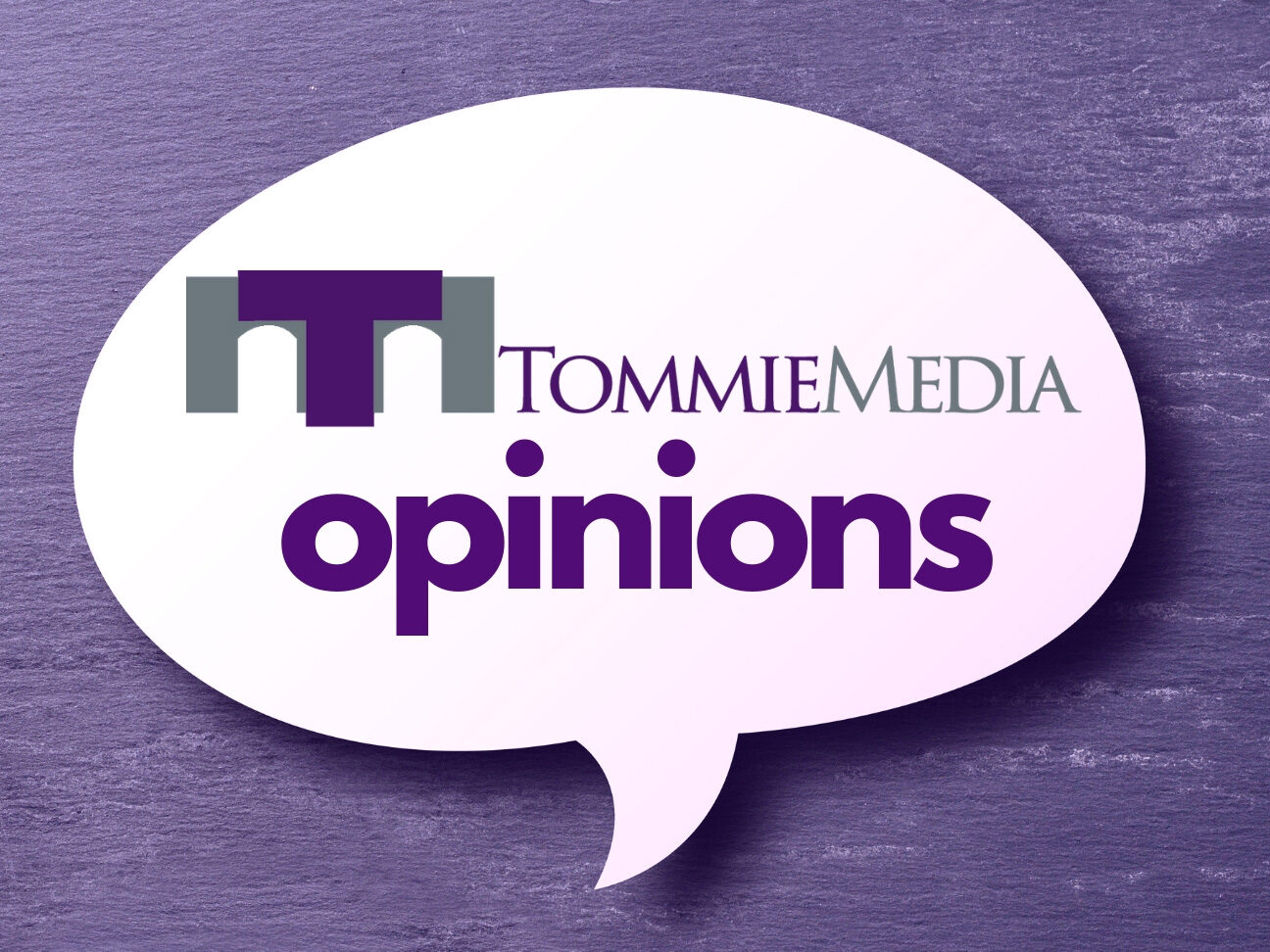The world has one less opportunity to objectify women. L Brands, the parent company for Victoria’s Secret, officially announced in November that it canceled the 2019 Victoria’s Secret Fashion Show.
The show’s ratings have been declining for years, as has interest in the brand’s products. Sales dropped 7% in the latest quarter compared to the same quarter last year.
Debuting in 1995, the show began as a marketing stunt and evolved into a pop culture event. While the brand can claim that the target audience was potential customers, the show really catered to the desires of men. Why else would all the models be the same, unrealistically thin body type? If they were truly marketing to women, then they would feature models who look like average women.
People took notice of the lack of diversity. The 2018 show achieved the lowest ratings, happening in the face of a Vogue interview with the company’s former president Ed Razek. He said the show wouldn’t feature plus-size or “transsexual” models “because the show is a fantasy.”
That’s basically an admission that the show wasn’t geared to the average-sized woman, who make up a large majority of Victoria’s Secret customers. The show was a chance to stoke desire and objectify the models who walked.
Investors recognize the sales they’re missing out on as more inclusive competitors like Aerie and Savage x Fenty grow more popular. These investors are pressuring the company to “modernize” within three months with one investor writing to the CEO back in March, “While Victoria’s Secret has improved the racial and ethnic diversity of the women in its advertising campaigns, it continues to use models that depict a very narrow definition of beauty.”
Modern customers are looking for brands that empower them and products that are comfortable and flattering. They want to see themselves represented, and they haven’t found that with Victoria’s Secret.
Instead, the brand has been overrun with tall, thin and conventionally beautiful women. Women who look like this do have a right to feel empowered, confident and represented, just like any other woman. However, brands like Victoria’s Secret should keep in mind that the majority of women do not fit into these restrictions.
That’s where brands like Savage x Fenty, Aerie and ThirdLove get it right. These companies are hiring models of diverse body types and making plus-size products more accessible. ThirdLove even offers larger sizes than anything Victoria’s Secret sells.
The pressure to fit into the standards Victoria’s Secret sets forward aren’t just detrimental to the women they market to, they hurt the models themselves. Many models have described their diets in the weeks leading up to the show, and they aren’t healthy.
Adriana Lima reported in 2011 that to lose 50 pounds of postpartum weight she had to subsist on protein shakes for nine days and exercise twice a day, along with fasting the 12 hours before the show.
Rosie Huntington-Whiteley described her ban on sugar, dairy, gluten and alcohol as “brutal.”
Erin Heatherton left the brand in 2013, citing the pressure to lose weight for the shows.
With the termination of the Victoria’s Secret fashion show, hopefully these models will be able to be confident in their body without any outside pressure to fit a certain standard. The cancellation of the show is a step in the right direction for a more inclusive and confident society.
Kayla Mayer can be reached at maye8518@stthomas.edu.


